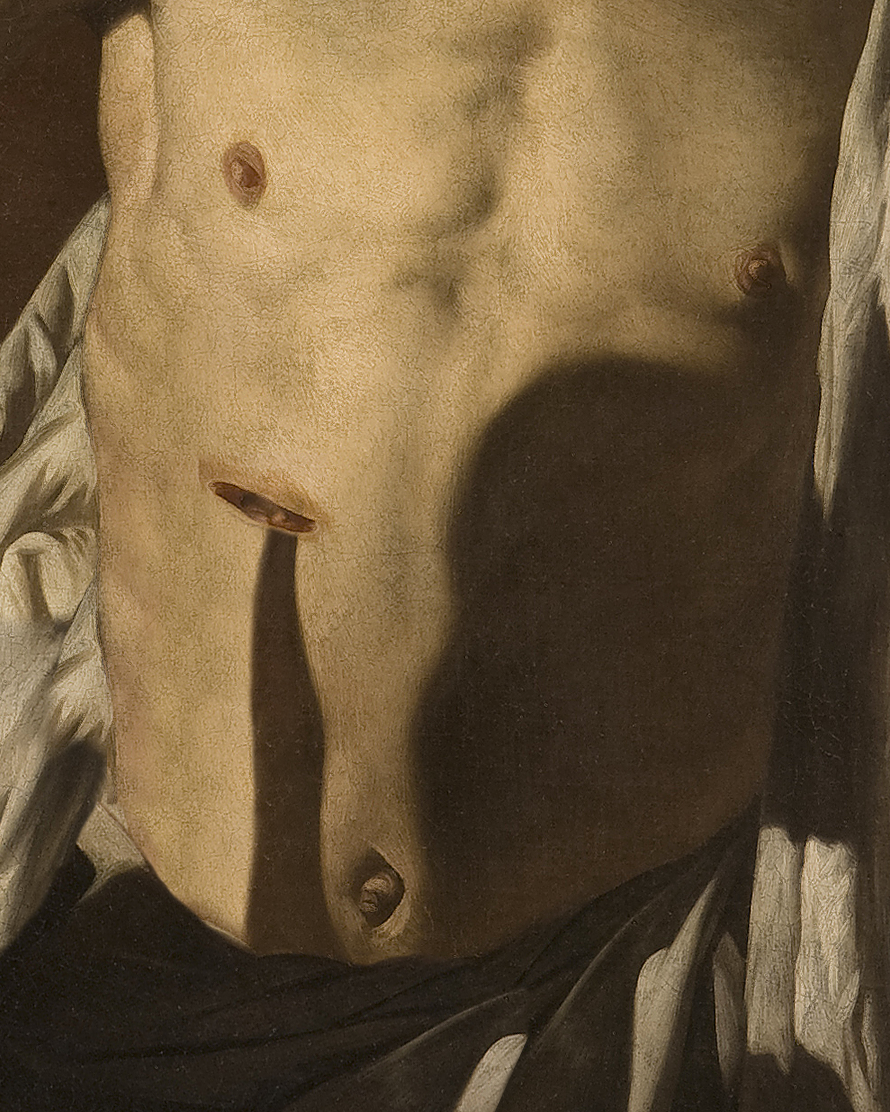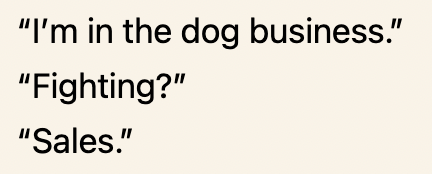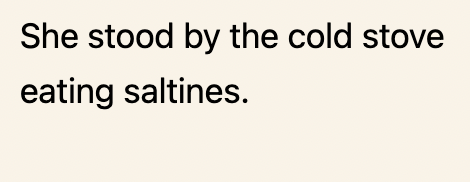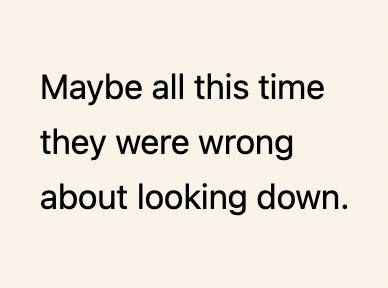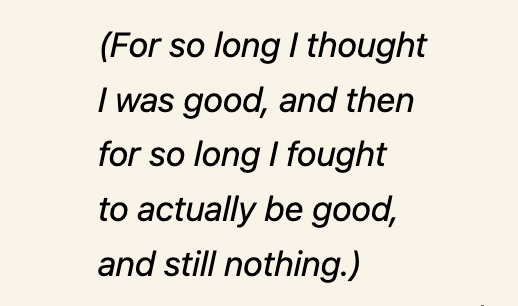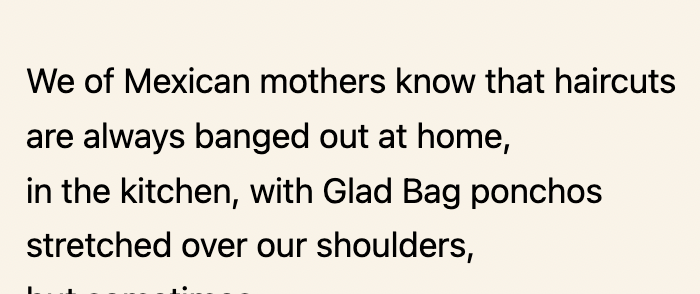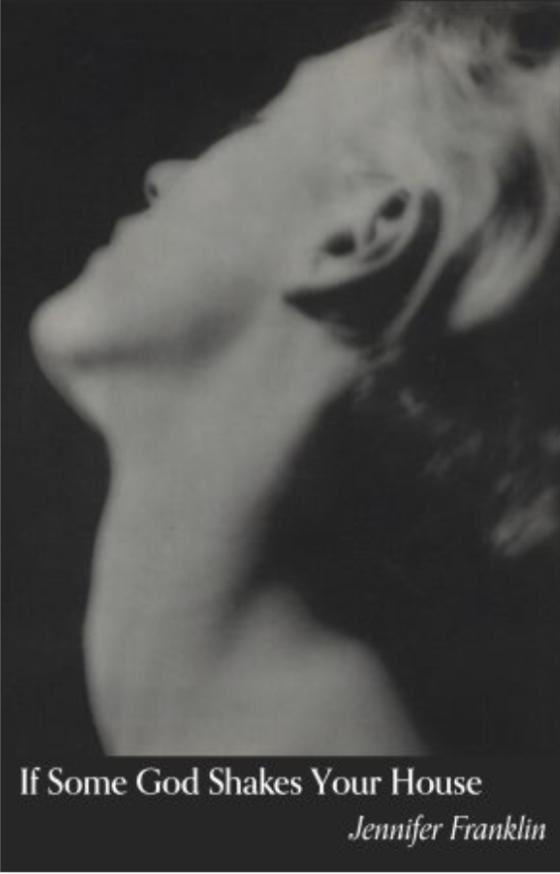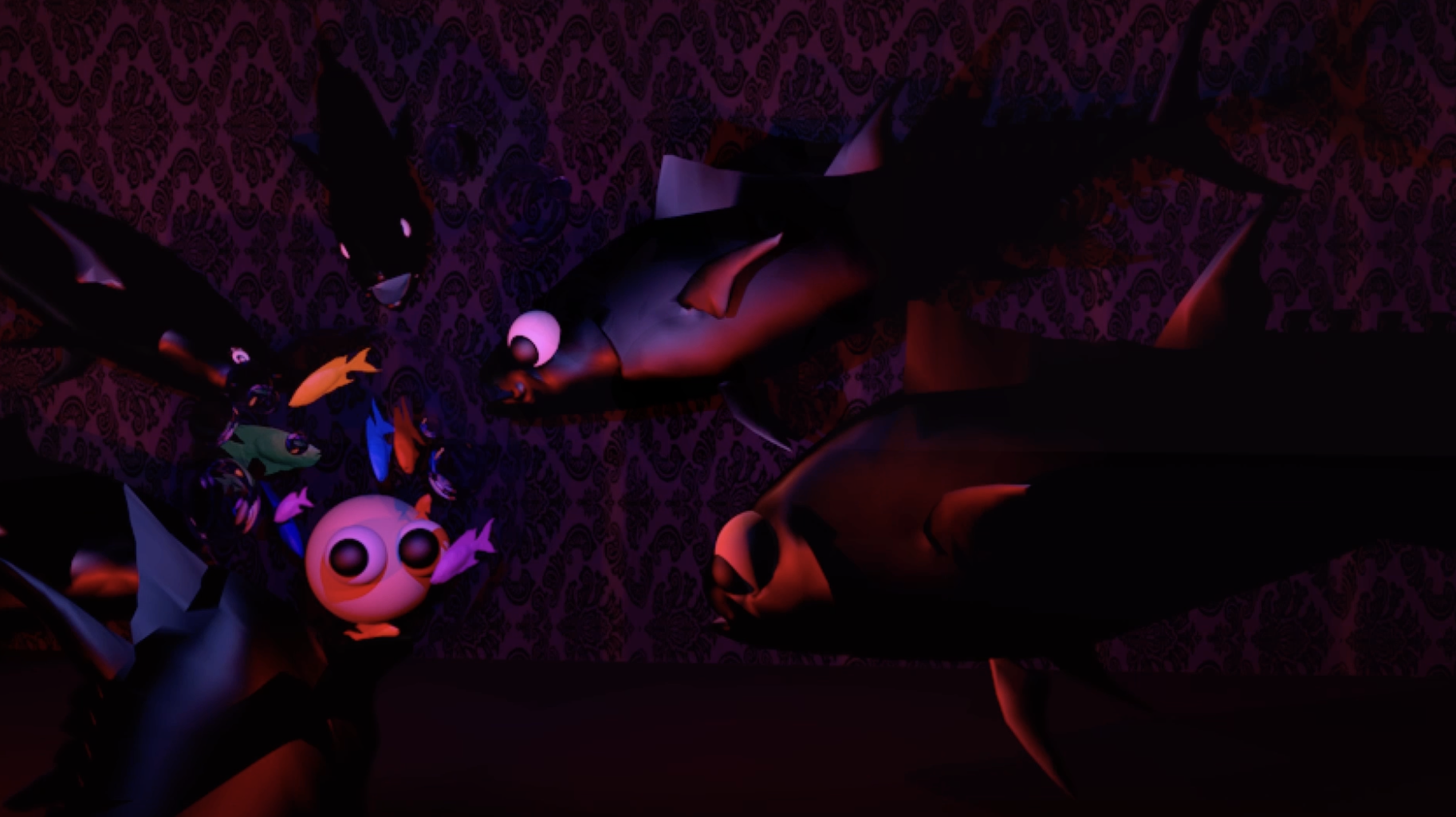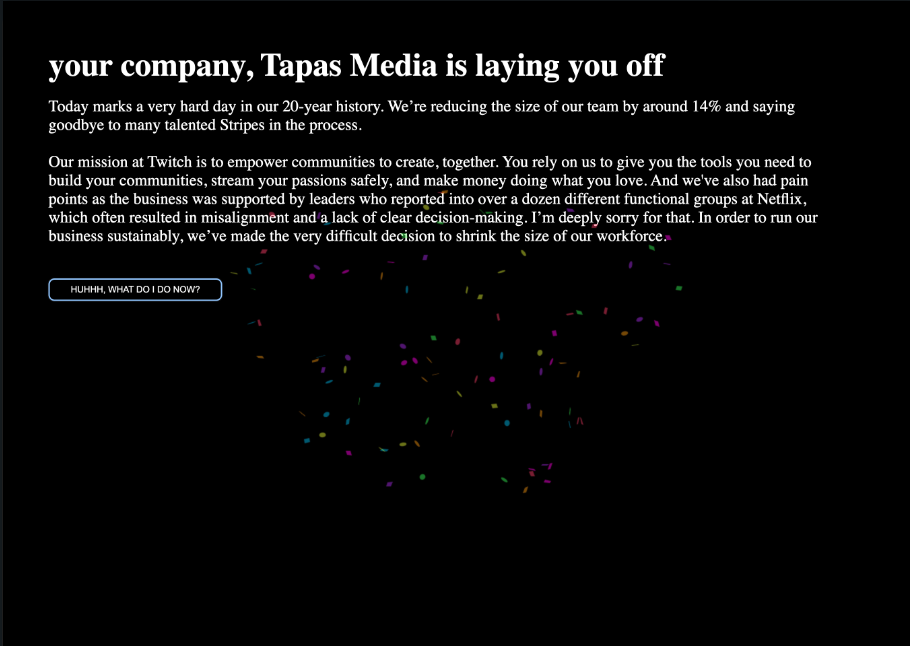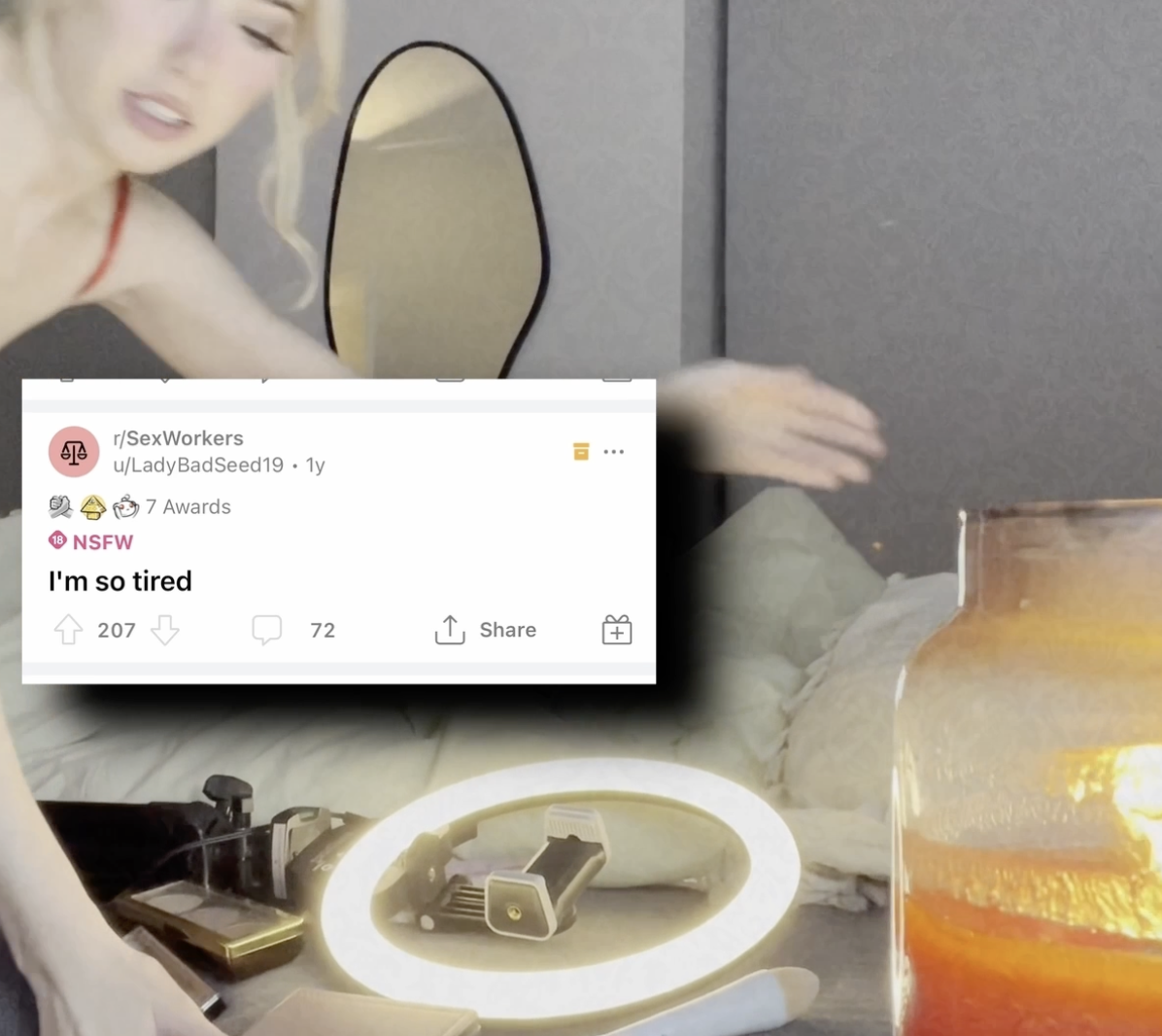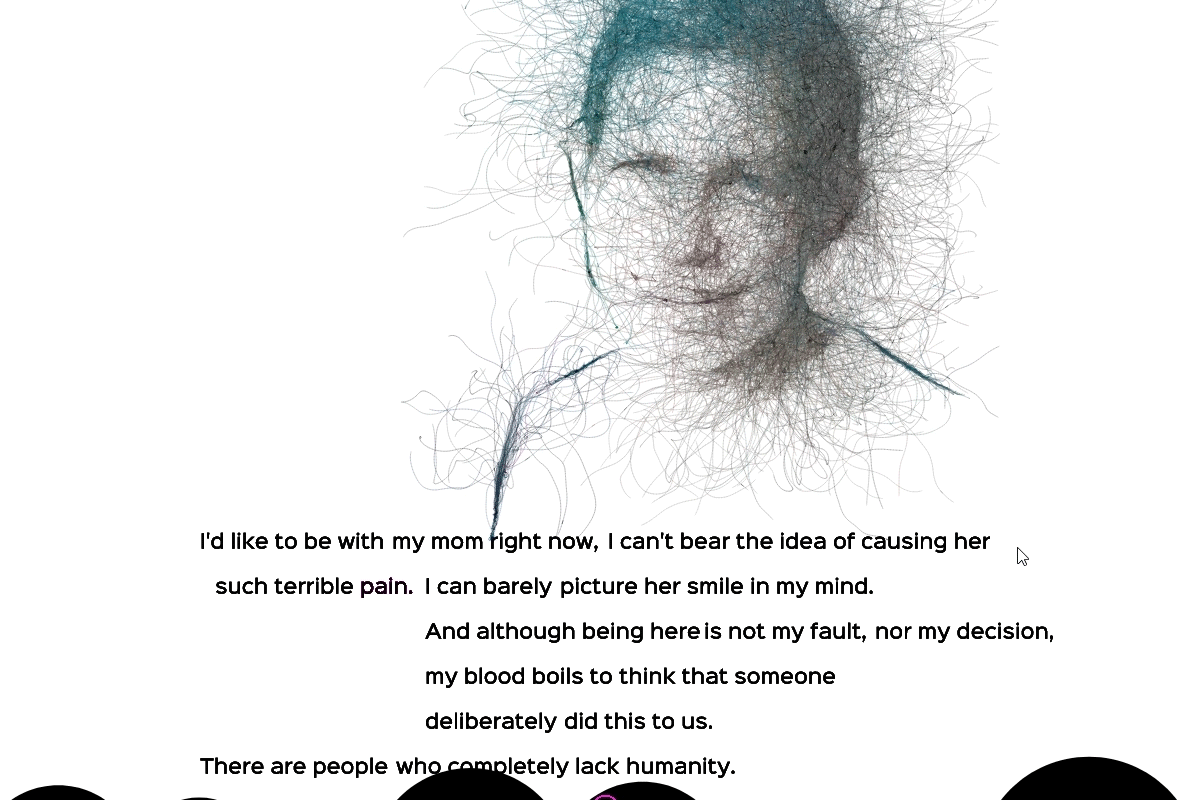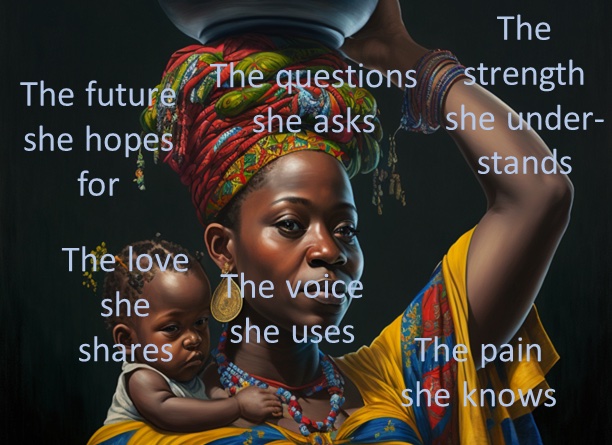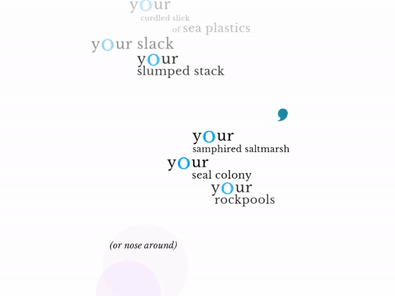Lieutenant Swann
by Jane Snyder
His teacher called us in just before Halloween that year, said to bring him with us, calling him a partner in his learning. We did, though I couldn’t see how the little guy would benefit from knowing his teacher didn’t like him.
He’s a good reader, she told us. Stevie pulled in closer to Helen.
“But he never volunteers to read aloud. He doesn’t share.”
Stevie had the look he got when he was sure he’d done something wrong, didn’t know what. I wanted to tell him when I was in school we thought kids who always had their hands up were suck-ups. “Well,” I said, sounding like the prison sergeant I was, “he doesn’t give us any trouble.”
I wished I’d bragged on him a little.
She looked bored. “Yes, Stephen is one of our best citizens.” If we had him read to us at home, she said, he’d be more confident.
When Helen had begun working part-time at the credit union in September, my mother said things about the boys needing her at home. I didn’t want her blaming herself.
He can read to me, I said. “We’ll have us a time, won’t we, son? We’ll have us a good time.” And then, when we were leaving, “Almond chicken.”
The last time we’d gone to the Kowloon he’d read Dougie the cocktail menu, proud of getting the “g” in gin right. They laughed about Pink Squirrels. Squirrels aren’t really pink, Dougie said. You think that because you’re drunk.
Helen reminded me I’d promised my mother we’d go to their house for dinner tonight. “She’s making roast pork.”
My favorite, but a slice of meat, with vegetables and potatoes, on a plate didn’t interest the boys. They liked Helen’s cooking: spaghetti, nachos, sloppy joes. Catering to them, my mother called it.
*
She’d set the table with a cloth and the Noritake china my father had sent her when he was with the Army of the Occupation. We haven’t seen much of you lately, she said, when Helen told her how nice everything looked. “This is an occasion.”
Dougie didn’t eat anything except the scalloped potatoes and pickles.
My father gave him a wink, forked the meat from Doug’s plate onto his own.
I wanted to go home, floss, brush, get the taste from my mouth.
My mother brought out a pineapple upside-down cake, said she knew this was something the boys would like. Dougie told her when Mommy made it she let him arrange the maraschino cherries and pineapple slices at the bottom of the pan, how fun it was seeing them again on top the cake.
My mother said she’d never bothered with cherries. “They’re just for show. Forty-nine cents a jar at Safeway. I’m more careful with Bob’s money than that.”
A dig about Helen working. I didn’t understand why she wanted to either, getting dressed up every day for two fifty an hour. I made more in one overtime shift than she made in a month, could pay for all the maraschino cherries we wanted, but I should have stood up for Helen. What I said instead was, “Don’t count on us for Thanksgiving.”
My mother said that was too much trouble for Helen, cooking on her day off.
“Don’t worry about Helen.”
Was I happy now, she asked in the car on the way home, making my mother cry?
“I’m not going for Christmas either.”
My mother approached Helen a week later, offered to serve the meal later in the day, but I told Helen no. “She shouldn’t have gone behind my back.”
It snowed the night before Thanksgiving, the first time that fall, and Helen took the boys sledding. I fell asleep that morning picturing the three of them flying down the hill, Helen in the red car coat she’d worn in high school.
When I woke they were eating the turkey sandwiches and pumpkin pie my mother brought. “Grandma knew we’d be hungry,” Dougie said.
I ate too, listening to them talk about the fun they’d had.
That night Stevie read a book called The Stupids, in which Mother, Father, Brother and Sister Stupid, sitting atop their car, the car driven by their dog, Kitty, go out for mashed potato sundaes with butterscotch syrup. I’d meant it as a special time for him but Dougie had to get in on it, said when he learned to read he’d read me all the funny books there were.
*
At work that night the superintendent came in to roll call to tell us Lieutenant Swann had died during the day. Cardiorespiratory failure, he said, an unforeseen anomaly. He died in his sleep, didn’t suffer.
Swann hired me when I went to the Penitentiary, looking for work. My mother said they were animals up there, guards and prisoners alike, but I’d spent the first three months after I got out of the Army smoking dope in my parents’ basement and she was glad to see me doing something.
Welcome, he said, when he saw my DD214, soldiers make fine correctional officers. You can start on Monday. “Oh, and son?” Swann was gentle even when he admonished you. “Don’t get high with the convicts. Bad for discipline.”
He’d smelled it on me. They run a tight ship now but they didn’t have pee tests then. No one could have passed.
The night before he’d rolled into Segregation around three, stayed with us in the officers’ station for a while.
Bill Bryant passed around a Polaroid of his dog and her new litter, little yellow blobs clomped onto the mama. AKC registered golden retrievers. Bill told us he hoped the pups would sell fast. He needed the money to buy a better car.
He’d brought a picture of his baby, too. Tommy. Six months old, bright as a button. There were two openings like little canals from the roof of the baby’s mouth through his upper lip extending to both nostrils, a pendulum of skin dangling from the septum between them. Bill’s wife Marcy had taken Tommy to the hospital in Spokane earlier in the week for cleft palate surgery.
A cutie, I said.
Bill and Larry talked about the potluck at their church earlier in the week. Swann had volunteered to work Thanksgiving, said the fellowship at the potluck was all he needed.
Bill teased him about how many times he’d gone back for the sweet potato casserole.
“And that cornbread stuffing,” Larry said. “My!”
*
Larry went by every cell every night. Some of the offenders stayed awake to talk to him.
He’d made a fuss over Earl Davis on D Tier, who was winding down from 72 hours of screaming: Guard, guard, my dick is hard!
Swann asked him if the special meal, served the day before the holiday so more of the civilian cooks could have Thanksgiving off, had been all right.
Fine, Earl said. Just fine. White meat, dark meat, mashed potatoes, gravy, stuffing, cranberry sauce. All the trimmings. The pie good as you’d get in a restaurant.
Earl, who was doing a life sentence for killing his parents, couldn’t have eaten in a restaurant in twenty years, but Swann rocked back on his heels, looked gratified. “Well, now, it’s kind of you to say so, Mr. Davis. Because they surely work hard in that kitchen.”
Earl smiled. “Not at all, Lieutenant.” He’d laid down on his bunk then and fallen asleep. Earl, like me, would have been sleeping when Swann died.
“I’m old, James,” Swann said when I complimented him on getting Earl to behave like a human being. “When you’re the dad they got no choice but to take you on, but they’ll leave the grandpa alone.”
Rick Estep rolled his eyes. He’d wanted to turn the hose on Davis the first night he’d started the “guard, guard” thing. I told him no. We were wearing thermals under our uniforms, were still cold. Earl would get pneumonia.
“You don’t get pneumonia from exposure,” Rick said. “You get it from germs.”
“Hypothermia then.” Rick was working the booth that night, wouldn’t have to carry a hose. They were the kind firemen use: 400 feet long, heavy, hard to control.
When Swann came by the night Earl started screaming, Rick smirked, asked if non-lethal force wasn’t warranted in a case like this.
Swann sat down at the desk beside him, said the hoses could only be justified in case of physical threat, praised Rick for his professionalism. “Your firmness and compassion with this profoundly mentally ill individual is an example to all of us.”
After Swann left to continue his rounds Rick imitated his flat Midwestern accent. “Who will bring the profoundly batshit individual his milk and cookies tonight?”
*
Lieutenant Swann meant a lot to all of you, the superintendent said, and if anyone needed the night off, he and the rest of the management team were prepared to cover our shifts. Then he sat with his hands folded in front of him, as if expecting someone to announce he wanted to go home.
No one did. You might as well put up your hand, say you were a pussy.
I realized I was waiting for Swann to come in, patting his enormous stomach, telling us he liked it out front so he could keep an eye on it, ask the guys working doubles if they needed a lunch. I reminded myself I was a sergeant, a leader, stood. “Thanks for telling us, sir. It can’t have been easy.”
How could he know Larry didn’t suffer, hadn’t called for Deborah?
*
Around three, the coldest part of the night, I turned onto D tier. Rick stood a few cells down where Davis couldn’t see him, said, in a squeaky child’s voice, that Earl was a fudge packing little bitch.
“Step off the tier, Correctional Officer Estep.”
“Why, Sergeant, I didn’t know you were here. Those shoes make no noise at all.”
I took the long way to the shift office, so more officers would see. Gary Jessup was the shift lieutenant that night, filling in till they got a permanent replacement for Swann.
Rick said Earl needed to toughen up. “If he doesn’t the offenders will eat him alive.” Gary backed my play. “You harassed a mentally ill offender with a history of severe and unpredictable fits of rage, endangering offenders and officers alike. Your lack of judgment represents a threat to the safety and orderly operation of the institution.”
“I’m entitled to union representation.”
In a contemplative tone, Gary offered him a nice, cool drink of shut the fuck up, laughed after we’d sent Rick back to work. “That was fun.”
Swann would have challenged Rick’s self-satisfaction too, but he’d have given him a way to get it back. He’d also help Earl settle down, not stay with Gary to shoot the shit.
*
December started out flat, rain falling from sodden skies, the snow a slushy mess, my crew not talking about what their kids wanted for Christmas and the overtime they’d work to get it for them, the way they usually did that time of year.
They had Swann’s funeral in the late afternoon so night shift could come. It was an old church, built just after the Civil War and dark except for the light above the pulpit and the open casket behind it.
I stayed in the pew.
“Wanted to pay my respects,” Rick said, sitting down beside me.
“You’ll have to move when Helen gets here.”
His wife wasn’t coming, he said. She’d never met Swann; it would be hypocritical.
You’d know, I thought.
It was crowded. Guys I remembered from when they did time, church members, officers in suits from high school graduation or their wedding. The higher-ups wore suits that fit, sat just behind Deborah, pale and slender in her black dress. “My beautiful girl,” Swann called her.
“Bill Bryant brought his kids,” Rick said. “You don’t bring kids to a funeral.”
Two girls, in worn red velvet dresses and a smaller boy, half asleep, nestled in Bill’s arms. Marcy and the baby were still in Spokane.
They knew Swann, I said, may have wanted to come.
Rick snorted.
I was glad when Helen got there, crisp and pretty in an outfit we’d bought her for work.
When someone from the penitentiary dies, they have you sing one of those soaring hymns everybody knows, “How Great Thou Art” or “Amazing Grace,” and then the preacher will say something like Larry is watching the game with Jesus right now because in heaven Monday Night Football is always on.
Larry didn’t care about football. He’d listen when we told him Ken Anderson was on fire, this could be the year the Bengals went all the way, but he liked talking about Deborah.
This preacher didn’t make jokes, said Brother Larry was a decorated Army officer, a well-regarded penitentiary employee, who had given his tithe to the church and another tithe to Save the Children, taught the Bible class to the youth, bringing treats every week, paid the cost of trips to the roller rink and the bowling alley himself, making sure no one was excluded, called the bingo games at the Senior Center, cooked and served breakfast with Deborah at the Mission twice a week, stocked the shelves at the food bank with the vegetables he’d grown, organized the Christmas party for the children in foster care, paying for the gifts, visited the sick and shut-ins, more.
Deeds are paltry, he said. All of us are unworthy of His love and none are sure of heaven. Human love is a snare, leading us away from God.
Is that what Larry thought, that he, we, were mired in sin, our days short and full of woe and his goodness meant nothing?
The preacher didn’t say but Larry was light on his feet, as fat men sometimes are, liked to dance, took Deborah to the VFW hall for dinner and dancing on Saturday nights.
Back then, Helen and I thought the VFW was for old people and we didn’t go, so I never saw Larry dance.
After a hymn I didn’t know, “And Did My Savior Bleed?” the preacher invited everyone to the fellowship room in the basement for refreshments. I asked Rick to come with us.
The room was crowded, bright, noisy. Deborah made a beeline for Bill’s kids, stooped to stroke the sleeves of the little girls’ dresses, say how glad she was to see them.
The preacher, a chowhound, like Larry, stood next to me in the line for the refreshments, heaping his plate, told me to try Sister Beryl’s devilled eggs, and I wanted to joke, say I didn’t know the devil went to church, but I thought it might be disrespectful.
It was a good sermon, I told him, made you think.
*
The lights were on when I went home from work that night.
They’d just gotten back from the ER. Stevie was in the middle of the kitchen, looking solemn, as solemn as anyone in Mr. T pajamas could. “Strep,” Helen said. They’d gotten the throat swab on the first try with him.
Dougie was clamoring to be held as she tried to figure out how to dose the antibiotics. I figured he’d pitched a fit.
I took him from her, almost gagged when I got a whiff of his hot breath.
“They said I should have waited and gone in during office hours.”
“With them like this? You couldn’t risk it.”
“It cost eighty-nine dollars.”
“That’s why we work, isn’t it? For them.” I was glad I’d remembered to say we, not I, and told her she’d done well driving them there in the truck. She hated stick shift and she hated driving at night. “It was worth it. They’ll get better sooner this way.”
She said she’d take the boys to my parents.
“They can stay with me.” I was cold from work, could use their body heat.
“Your mom doesn’t mind.”
She didn’t, but why give her a chance to tell Helen sick children need their mother? “Naw. She’d want them to do projects or make cookies and they’re too sick for that.” I thought Stevie looked relieved. Dougie sucked his thumb.
We didn’t wake up till late afternoon when Helen came home with McDonald’s, saying milkshakes would feel good on the boys’ throats.
Dougie fussed because there was a book, The Poky Little Puppy, in his Happy Meal.
“You get what you get and you don’t have a fit,” I told him, sounding like what my mother used to say. I’ll give you something to cry about.
Steve said it was a good book, read it to Dougie in his hoarse voice, twice.
Helen said she’d called my mother from work, asked if she and the boys could come over on Christmas, while I was sleeping. “You could come by after you wake up.”
“Did you tell her I would?”
“No. So if you still want to be selfish you can.”
*
Dougie came roaring back to health in a few days. Christmas this, Christmas that. Stevie was better too, but quiet.
The week before Christmas I told Steve I wanted him to go to Bill Bryant’s with me. He owes me money, I said. Steve didn’t notice when Helen laughed and said I sounded as if I was in the mob.
Helen didn’t think getting a dog just for Steve was fair to Dougie, but I said she could buy a couple of extra things to put under the tree for him if she thought he was counting. “He thinks everything belongs to him anyway.”
Steve gave Bill’s kids his copy of The Poky Little Puppy, read it to them while I visited with Bill and Marcy. “We’ve got puppies,” the oldest girl told him.
“Nice,” he said.
Tommy had rows of thick black stitches from where the stretched skin had been attached. He’ll need more surgeries, Marcy said.
Bill leaned over, blew a raspberry onto Tommy’s blue sweater-covered tummy.
He looked at his father, wiggled, made a spluttering sound. Laughing.
The puppies, nine in all, came running to us when we went out.
We smelled the warm puppy stink, listened politely when Bill showed him the sire, a handsome fellow with a thick coat. You never saw a better dog in the field, Bill said. “He’ll find the bird wherever it drops.”
I couldn’t stand the look on Stevie’s face, wanting a dog so bad, afraid he wasn’t getting one.
“It’s all right,” I said. “Pick one.”
He knelt down to pet the pup with a white patch on her chest, the smallest of the lot.
“That’s the runt,” Bill said. “The others push her away from the mother’s teats.” He discussed the merits of the other dogs who were tussling over a toy.
“You don’t want her,” Bill told me. Steve was scratching the pup behind her ears and telling her she was pretty. “She won’t hunt and you can’t show her, not with that patch.”
She pressed her bullet shaped head into Steve’s leg. He gave her his hand to lick. “I’m going to call her Maddie.”
I paid him the two hundred dollars.
*
My mother never let me get a dog, said they were dirty, but Maddy spent Christmas day at their house.
“A perfect lady,” she told me when I went there myself at five.
I had the next day off. Steve had no interest in anything but Maddy. Dougie and I had a good time playing with his new Matchbox Carwash. The snow had melted and we took his cars out in the yard, pushed them around in the mud to get them dirty, brought them back to the downstairs bathroom where we set the carwash up on the shower floor, rolled them up the ramp into the jet spray, the wash, the spin dry, then down to the wax and polish.
Today Steve said he didn’t believe Bill owed me money. “I knew something was up when you wanted to go over there.”
“I’m pretty sure you didn’t.” On the ride home from Bill’s he’d wrapped Maddy in a towel so she wouldn’t get cold, held her in his lap, marveled at her soft puppy fur. She won’t keep it long, I told him, and she’ll look scraggly while her adult coat grows in.
